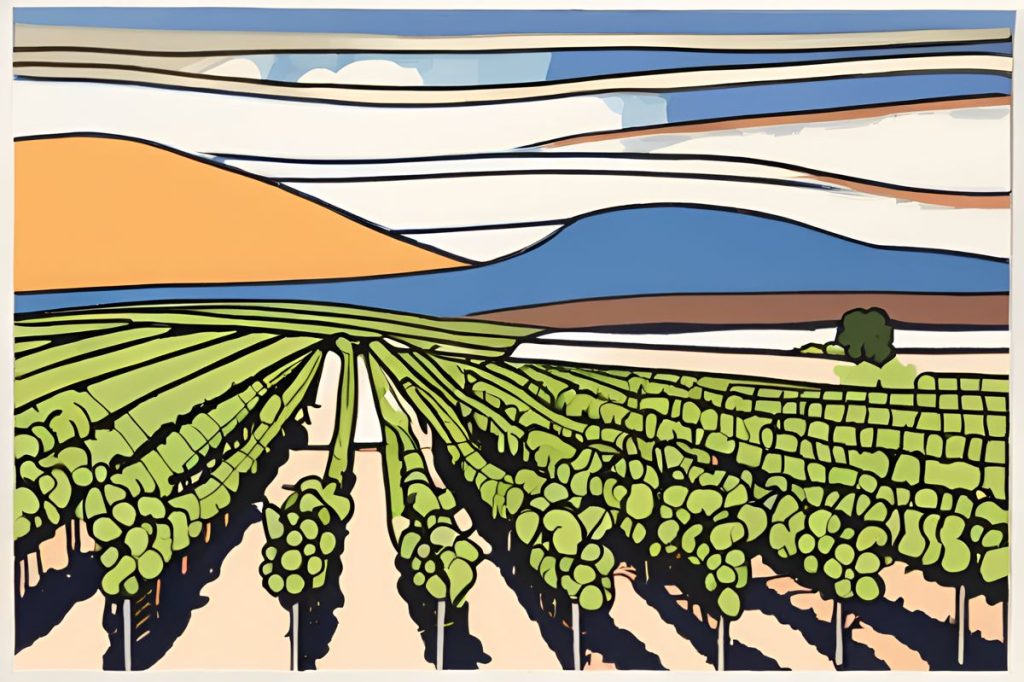Cyprus’s wine industry faces challenges like a small domestic market and climate change, but solutions like leveraging technology and online sales can help overcome these obstacles. Embracing consumer trends for sustainable wines and utilizing digital marketing can enhance brand visibility and global reach for Cypriot wineries.
What are the challenges facing Cyprus’s wine industry and how can they be overcome?
Cyprus’s wine industry, rich in history, faces several hurdles such as a small domestic market, economic fluctuations, climate change, regulatory complexity, and competitive distribution networks. Solutions include embracing technology, utilizing online sales to tap into global markets, adapting to consumer trends for organic and sustainable wines, and leveraging digital marketing to increase brand visibility and consumer education.
A Tradition Rooted in Antiquity
Cyprus stands as a testament to ancient civilizations, rich with history that transcends the ages. Its wine industry is equally venerable, with traditions stretching back thousands of years. Today, Cypriot vineyards are experiencing a renaissance, offering an array of wines crafted from both indigenous and internationally recognized grape varieties. The island’s viticulture benefits from a unique climate and terroir, which contribute to the distinctive flavors of its wines.
Despite the thriving state and global recognition of Cypriot wines, the industry encounters its fair share of challenges. The island’s relatively small domestic market imposes limitations on wineries of all sizes, with the smaller vineyards feeling the pinch most acutely. These constraints often hamper their ability to export, curbing their growth potential and the opportunity to gain international acclaim.
Economic Challenges and Climate Change
The fluctuating economy impacts consumer spending habits and production costs, thereby affecting wine demand. Winemakers must navigate the unpredictable nature of expenses such as labor and materials, which further complicates their operations. In addition to economic hurdles, wineries worldwide, including those in Cyprus, are grappling with the effects of climate change. Unpredictable weather patterns and shifts in temperature and precipitation can dramatically affect the harvest quality, compelling the industry to devise new strategies for adaptation.
Regulatory compliance adds another layer of complexity. Wineries must adhere to local and international regulations concerning labeling, health standards, and export protocols. This intricate web of requirements demands meticulous attention to detail and can pose logistical and administrative challenges, especially for smaller producers.
Distribution Networks and Consumer Trends
Distribution channels are crucial for winery success. Navigating these networks can be particularly daunting for smaller producers, who must invest substantially to secure their presence in both local and international markets. These investments often strain financial resources, yet are necessary for establishing and maintaining market share.
Changing consumer preferences and purchasing behaviors are also reshaping the industry. Wineries need to stay abreast of trends such as the growing demand for organic, sustainable, and low-alcohol wines. Adapting to these shifts is essential for remaining competitive in an ever-evolving marketplace.
The Role of Technology and Online Sales
Technological advancements offer a beacon of hope for the future of Cypriot wineries. Online wine shops have emerged as vital tools, allowing wineries to reach beyond their geographical confines and tap into a wider, global customer base. E-commerce platforms facilitate diversification of sales channels, reduce dependency on traditional distribution networks, and enable direct-to-consumer sales models.
Online avenues also present opportunities for branding and marketing initiatives. Wineries can leverage digital platforms to tell their stories, expand their brand presence, and position themselves effectively in the competitive market. Additionally, online shops provide valuable data analytics, granting insights into consumer behavior that inform product offerings driven by a data-centric approach.
Convenience and accessibility are at the heart of online wine retail, catering to a new generation of consumers who prioritize ease of purchase. Educational resources available online enhance the customer experience, deepening appreciation for the diverse selection of wines available.
In summary, while traditional markets present an array of obstacles, the digital landscape has opened new pathways for growth and customer engagement. The Cypriot wine industry, by embracing online platforms, can build financial stability and a robust presence on the global stage.
What are the challenges facing Cyprus’s wine industry and how can they be overcome?
Cyprus’s wine industry faces challenges such as a small domestic market, economic fluctuations, climate change, regulatory complexity, and competitive distribution networks. These hurdles can be tackled by embracing technology, utilizing online sales for global reach, adapting to consumer trends for sustainable wines, and leveraging digital marketing to enhance brand visibility.
How does economic instability impact Cyprus’s wine industry?
Economic fluctuations affect consumer spending habits and production costs in Cyprus’s wine industry, influencing wine demand. Winemakers must navigate unpredictable expenses like labor and materials, complicating their operations. This instability requires adaptation strategies to maintain production and competitiveness.
What role does climate change play in Cyprus’s wine industry?
Climate change poses challenges for Cyprus’s wine industry due to unpredictable weather patterns affecting harvest quality. Shifts in temperature and precipitation impact vineyards, necessitating adaptation strategies. Wineries must innovate to mitigate the effects of climate change on grape cultivation and wine production.
How can Cypriot wineries utilize technology and online sales to enhance their business?
Cypriot wineries can leverage technology and online sales to expand beyond traditional markets and reach a global consumer base. E-commerce platforms allow direct-to-consumer sales, reducing dependency on distribution networks. Digital marketing initiatives can improve brand visibility, while online platforms provide valuable data insights for informed business decisions.

